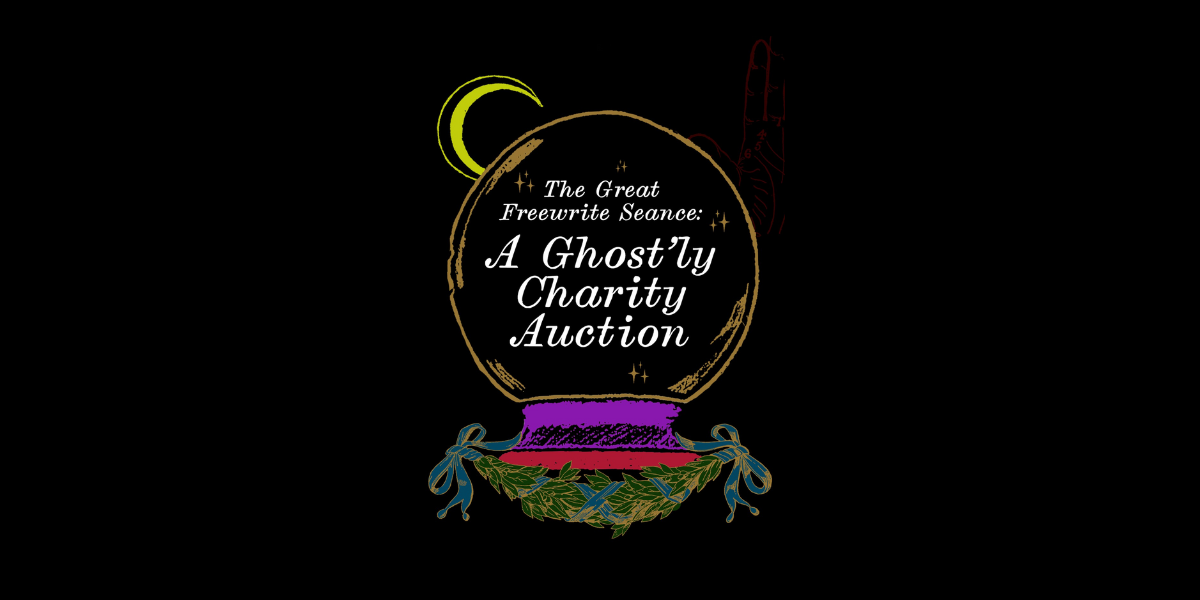This is Part 1 of the Ivo Senden Freewrite Story, click here for Part 2
Ivo Senden is a fiction writer based in The Netherlands. As a writer by trade, Senden grew up with the kind of heightened sense of imagination that compelled him to begin writing short stories and keeping a journal at a young age. He parlayed his propensity towards creativity, and his life experiences, into stories about adventure and novels steeped in realistic backdrops either historical or modern day. Senden first became a published author at the age of 31, with a story about the history of an old theater. At the time he ordered the Freewrite in May of 2016, he was working on his third book, Gevallen Land, and keeping a journal about his son's early life experiences. Senden enjoyed looking back at his coming of age in his own journal. He hopes that by keeping one for his son, he too will see it as a gift of insight for his future endeavors.
Shortly before Gevallen Land was published in December of 2016, Senden began work on another novel. Although he has not outlined any concrete writing or publishing goals, he enjoys his craft immensely. Senden plans to keep writing novels as long as he feels inspired by good ideas. For him, a device that offers optimal comfort and enjoyment is a must have so that he can continuously tap his imagination and creativity whenever the mood strikes.
Two of the biggest challenges that Ivo Senden faces as a writer are device ease of use and freedom of location. Many writers feel as though they are a slave to the monster called inspiration. Senden is no different in this respect, preferring to write at places other than his couch or in his living room. After finishing his first book on a traditional PC, he switched to a laptop to allow for more freedom in his choice of work locations. Although a laptop is more portable than a PC, it can be difficult to write on the fly with a traditional laptop. Laptops can be cumbersome due to their size and short battery life. They are also difficult to type on for extended periods of time as they offer no ergonomic features. At one point Senden switched to a Bluetooth keyboard to make long-term writing more comfortable, but he felt that was only a modest improvement at best.
Another problem noted by Senden is that laptops are not options that you can use outside. The screens do not work well in natural or bright light, and Senden felt the familiar eye strain associated with long hours staring at a flickering LCD screen. As a writer who frequently enters flow, the LCD laptop screen would leave him feeling drained. Often he would be left with tired eyes and headaches after the long sessions. Not to mention that the short battery life of a laptop often means users are tethered to a location with a power source.
Senden knew that his friends and family would be skeptical of the Freewrite's "limited" capabilities. However, whether the capabilities of the Freewrite are limited in scope is simply a matter of perspective. From online games to internet shopping, to the call of social media, there is no shortage of distractions in our modern world. Essentially, the Freewrite is a highly functional word processor that helps a user eliminate access to these online distractions. For a serious writer, an easy to use, distraction free tool is an absolute boost to sustained productivity. The Freewrite is laser focused on alleviating common writer complaints. The minimalist design is such that it addresses distracting elements of traditional PC's and laptops, gives the writer choice of location, and provides safe storage of documents.
This is Part 1 of the Ivo Senden Freewrite Story, click here for Part 2





























